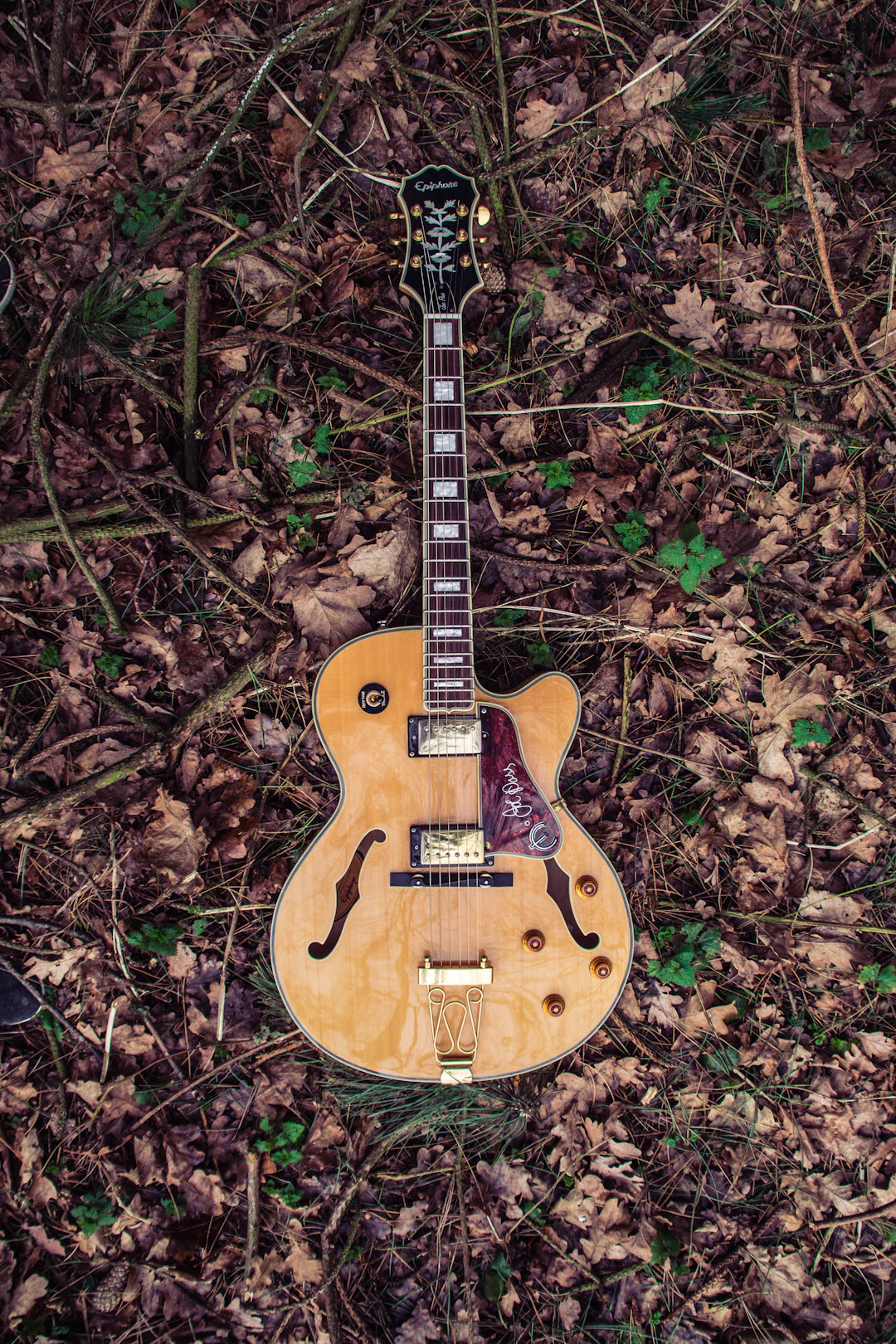Frequently Asked Questions
1. What are some common guitar problems I might encounter?
2. How can I fix buzzing sounds on my guitar?
3. What maintenance tips can help prevent guitar issues?
4. When should I seek professional help for my guitar?
5. What should I consider if my electric guitar isn't amplifying sound?
Playing the guitar is an art form that combines passion and technical skill. As a guitarist, it's essential to understand your instrument inside and out, especially when issues arise. In this guide, we'll explore common guitar problems, their causes, and how to fix them. Whether you're a seasoned player or just starting, identifying these issues will help you maintain your guitar’s performance. Let’s dive in!
Understanding Your Guitar: The Basics
Before delving into specific issues, it's vital to have a basic understanding of how the guitar functions. An electric guitar consists of various components, including the body, neck, strings, and pickups, including the often-discussed ceramic guitar pickup. Each part plays a crucial role in sound production and playability.
Common Guitar Issues
Here are some of the most common problems guitarists face, organized by guitar type and symptom. Understanding these issues will help you troubleshoot effectively.
Strings and Tuning Problems
One of the most frequent issues guitarists encounter is related to strings and tuning. Here are a few symptoms to watch for:
Strings Going Out of Tune
If your guitar frequently goes out of tune, consider the following causes:
- Poor Quality Strings: Low-quality strings can lose tension easily.
- Temperature Changes: Humidity and temperature fluctuations can cause wood to expand or contract, affecting tuning stability.
- Improper String Installation: Improperly wound strings can slip and lose tension quickly.
Buzzing Sounds
Buzzing strings or unwanted sounds can be frustrating. Here are potential issues:
- Frets Wear: Worn frets can create uneven surfaces, causing strings to buzz.
- Action Too Low: If the action—the height of the strings off the fretboard—is too low, it can lead to buzzing.
- Neck Relief: A bowing neck can also cause fret buzz as strings touch the frets.
Electrical Issues in Electric Guitars
When playing an electric guitar, any irregularities in the electrical system can severely affect your performance. Here’s what to look for:
Poor Sound Quality
If you’re experiencing a muddy or inconsistent sound, it could stem from:
- Faulty Pickups: Issues with your pickups, such as the ceramic guitar pickup, can affect sound quality. Check for loose connections or damage.
- Dirty Potentiometers: Dirty or worn-out knobs can lead to inconsistent volume or tone control.
- Interference: Ensure that your cables and amps are functioning correctly to minimize unwanted noise.
Guitar Not Amplifying
If your electric guitar isn’t amplifying sound:
- Checking Cables: A faulty cable can disrupt the flow of sound to the amplifier.
- Dead Battery: For guitars with active pickups, a dead battery could be the problem.
- Switch Issues: The pickup selector switch may also become faulty over time, leading to no sound output.
Physical Damage
Physical damage can occur due to improper handling or accidents. Here are some issues to look out for:
Cracks and Dents
Guitars are crafted from wood, which can crack or dent easily. Here’s how to address this problem:
- Minor Dents: Use a damp cloth and an iron on a low setting to heat the area carefully; this can often raise minor dents.
- Cracks: For more serious cracks, consider consulting a professional luthier for repairs.
Neck Problems
The neck of your guitar is crucial for playability. Common neck issues include:
- Warped Neck: A warped neck can drastically affect action and playability.
- Loose Tuners: If the machine heads are not secure, they may cause tuning instability.
Tone and Sound Quality Issues
Guitars sometimes lose their unique tone, which can be discouraging. Here are ways to troubleshoot tonal issues:
Inconsistent Sound
If you're noticing an inconsistent sound from your guitar:
- Pickup Height: Adjust the height of your ceramic guitar pickup for optimal output.
- String Condition: Old or rusty strings can produce dull sounds. Always check for wear and replace if necessary.
- Bridge Adjustment: The bridge can affect tone. Make sure it’s properly set up.
Overly Harsh Sound
An overly harsh or bright sound can detract from your playing:
- Pickups: The type of pickups can influence your tone significantly. A ceramic guitar pickup can be brighter than its alnico counterparts.
- Amplifier Settings: Dial in your amplifier settings to avoid harsh tones. Lower treble frequencies if necessary.
Maintenance Tips to Prevent Issues
Preventative maintenance can save you headaches and keep your guitar in optimal condition. Here are some essential tips:
Regular Cleaning
Cleaning your guitar regularly helps maintain its appearance and functionality:
- Dust and Dust Buildup: Use a soft cloth to wipe down the body and neck regularly.
- Fretboard Care: Apply lemon oil or dedicated fretboard conditioner to keep the wood in good condition.
String Maintenance
String cleanliness plays a massive role in tone quality:
- Wipe Down Strings: After playing, wipe down the strings to remove oils and dirt that can cause corrosion.
- Regular Replacement: Change your strings regularly based on how often you play.
Knowing When to Seek Professional Help
While many issues can be resolved with some DIY skills, others may require professional attention:
- Severe Damage: If your guitar has significant damage, take it to a luthier.
- Intricate Electronics Repairs: If you're uncomfortable working with electronics or unsure about the issue, seek professional assistance.
Empower Your Playing Journey
Identifying and resolving common guitar issues not only enhances your playing experience but also deepens your connection with your instrument. Whether it's fine-tuning action, adjusting pickups like the ceramic guitar pickup, or maintaining its physical condition, you hold the power to improve your playing. Remember, every strum, every note, and every song is an opportunity to grow as a musician. Keep your ears open, your skills sharp, and enjoy the journey!
Discover the creations of a fellow Shopify or Wix store owner. Check out their online store here. Please remember that this is a promotional link, and we are not liable for the content of the linked store.











